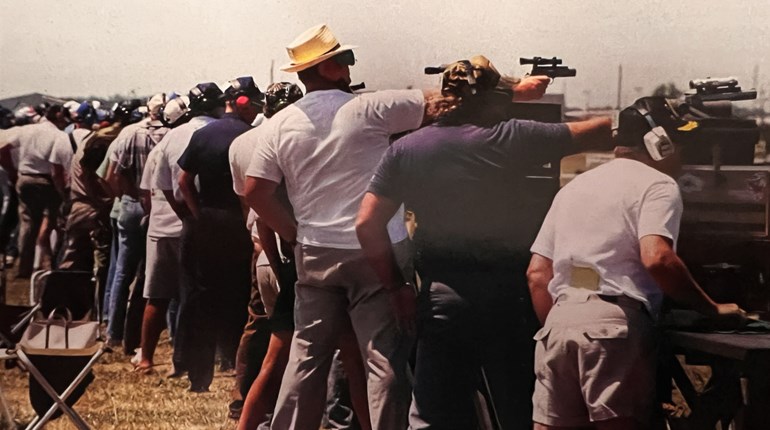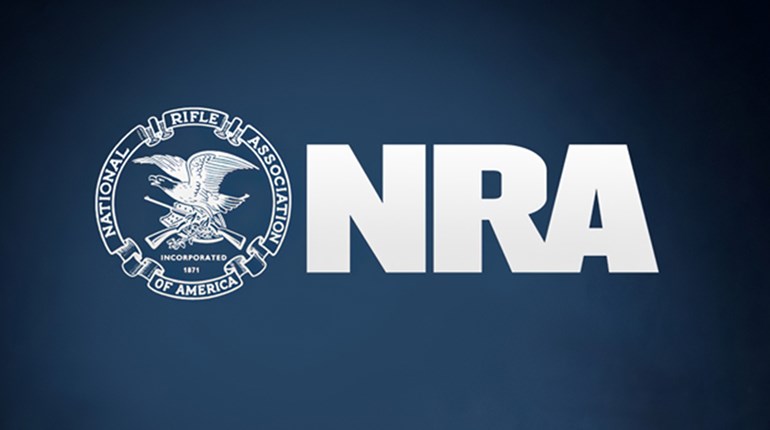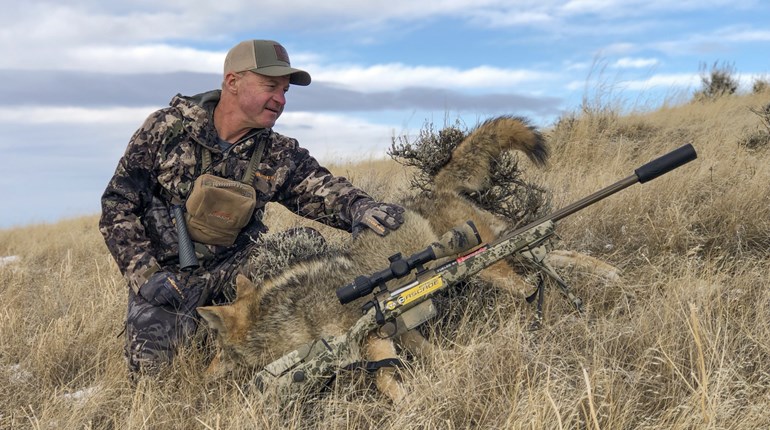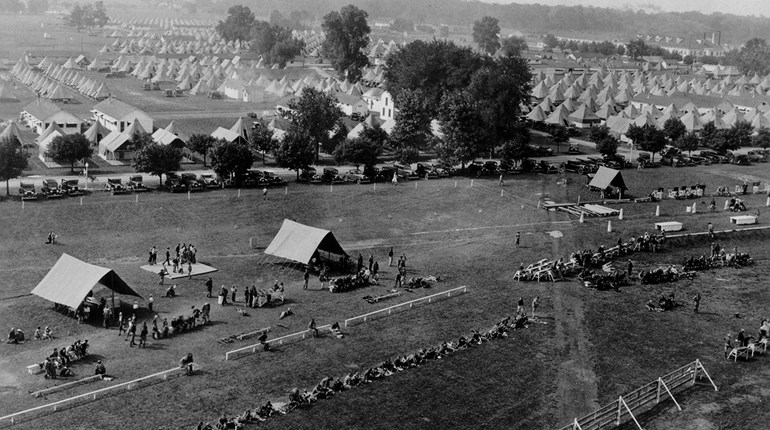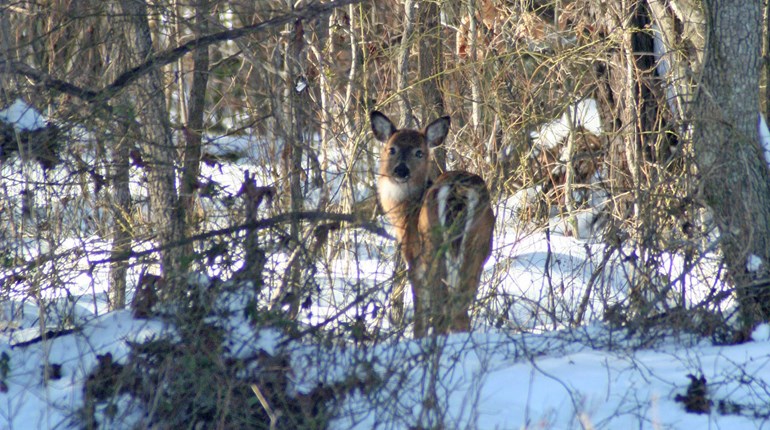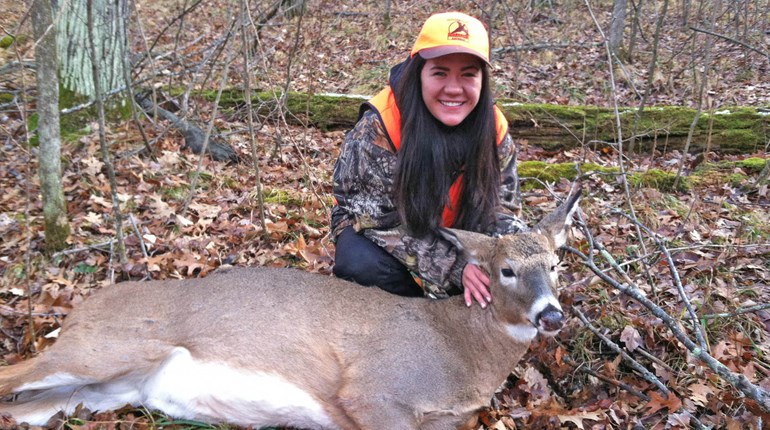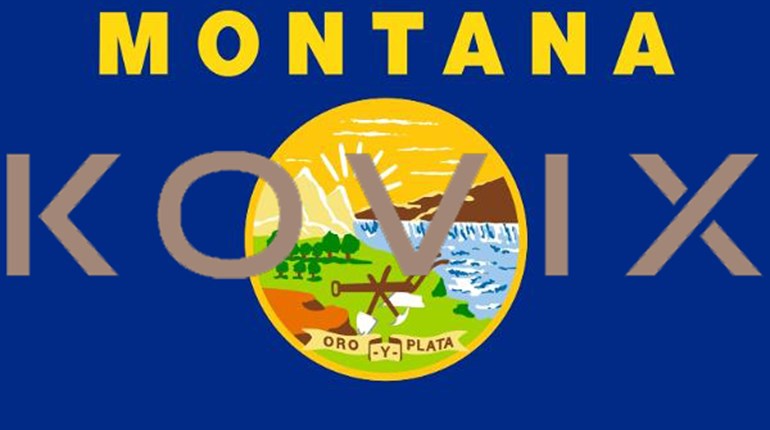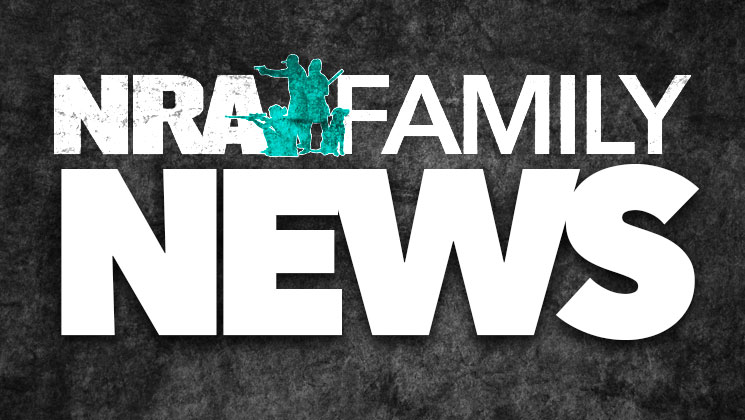
 Many of us have fond memories of hunting with our parents and grandparents. Some of the best times of my childhood were spent hunting (and skinning!) squirrels with my Dad on Saturday mornings, hunting groundhogs on muggy summer evenings after Dad got home from work, and chasing deer and turkeys around the woodlots near our Western Pennsylvania home.
Many of us have fond memories of hunting with our parents and grandparents. Some of the best times of my childhood were spent hunting (and skinning!) squirrels with my Dad on Saturday mornings, hunting groundhogs on muggy summer evenings after Dad got home from work, and chasing deer and turkeys around the woodlots near our Western Pennsylvania home.
My entry into hunting was typical: Dad hunted, so naturally I did, too. For centuries, hunting was passed from one generation to another in such fashion, no different than the other life skills taught by parent to child. I didn't learn until much later that everyone isn't so fortunate to grow up with a parent to take them hunting and to pass along the knowledge that comes with it. Not everyone has a built-in mentor to flatten the learning curve toward becoming a hunter. Today, as our society has changed, fewer and fewer individuals are so lucky to be born into hunting.
But, as Robert Ruark brilliantly wrote in his 1953 classic Horn of the Hunter, "deep in the guts of most men is buried the involuntary response to the hunter's horn, a prickle of the nape hairs, an acceleration of the pulse, an atavistic memory of his forefathers, who killed first with stone, and then with club, and then with a spear, and then with a bow, and then with a gun ... ."
Hunting is as old as humankind itself, so for that person who didn't grow up a hunter, what is he or she to do when the "hunter's horn" sounds for them?
Significant strides have been made in reducing the barrier to entry for new hunters, and many states today have mentored hunting programs, often labeled "try before you buy" programs, where prospective hunters can learn in the shadow of an experienced adult hunter before completing a hunter education course.
Many of these mentored hunting programs are geared toward children, but more and more states are recognizing that there are adults who also may be curious about hunting but don't have the time or inclination to first invest in a formal hunter education course.
One of those states is Iowa, which recently passed an NRA-backed apprentice hunting bill that was signed into law by Gov. Terry Branstad on April 8.
The bill, Senate File 392, creates an apprentice hunting license for prospective hunters age 16 and older allowing them to try hunting under the supervision of a licensed, experienced mentor. The new law affords prospective adult hunters the opportunity to try hunting under a mentor's guidance for up to two seasons, with the goal being that these individuals will blossom into permanent hunters, complete a hunter education course and begin hunting on their own.
Iowa is the 36th state to adopt this impactful recruiting program known as Families Afield, a national effort to expand hunting opportunities for newcomers and to protect the future of hunting. Since 2006, 35 states have sold more than 1.4 million apprentice hunting licenses and have proven the value and safety of mentoring newcomers in the field.
For our hunting heritage to endure, recruiting and retaining new hunters is crucial. That means opening up opportunities for the non-hunter and tearing down roadblocks that would otherwise keep them from participating. Apprentice hunting laws like SF 392 help to do just that, giving non-hunting spouses, co-workers and friends a means to answer the call when the hunter's horn sounds for them.













